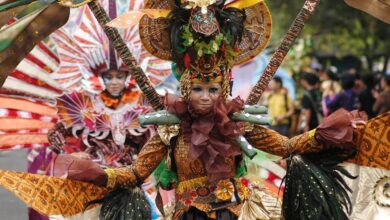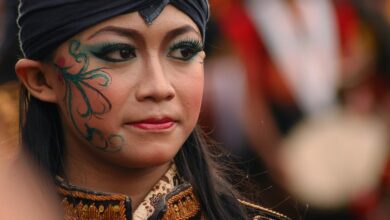The Rio Carnival in Brazil is one of the most famous and vibrant festivals in the world. With its colorful costumes, samba music, and energetic dancing, it is truly a spectacle to behold. But the origins of the Rio Carnival are deeply rooted in history and tradition.
The first recorded Carnival celebrations in Rio de Janeiro date back to the early 18th century, when Portuguese settlers brought the tradition with them to Brazil. Over the years, the festival evolved and grew into the massive event it is today.
One of the most iconic aspects of the Rio Carnival is the samba parade, where samba schools from different neighborhoods and communities compete in elaborate parades. Each samba school selects a theme for their parade and spends months preparing costumes, floats, and choreography. The parades are a dazzling display of color, music, and dance, with thousands of performers taking to the streets to wow the crowds.
The origins of the samba parade can be traced back to the late 19th century, when African slaves brought their music and dance traditions to Brazil. Samba became synonymous with Carnival, and over the years it has become an integral part of the festivities.
Another important tradition of the Rio Carnival is the blocos, or street parties, where people gather to dance, sing, and revel in the festivities. The blocos are a more informal and spontaneous celebration, with music ranging from traditional samba to modern pop hits. The blocos attract millions of visitors each year, adding to the overall energy and excitement of the Carnival.
In addition to the samba parade and blocos, the Rio Carnival also features a competition for the title of Queen of the Carnival, as well as various other events and performances throughout the city. The Carnival officially kicks off with the crowning of the King Momo, a symbolic figure who presides over the festivities and sets the tone for the celebrations.
The Rio Carnival is not only a time of joy and revelry, but also a time to celebrate Brazilian culture and heritage. It is a reflection of the diverse influences that have shaped Brazil over the centuries, from African rhythms to Portuguese traditions.
Overall, the Rio Carnival is a celebration of life, color, and music, and a testament to the rich history and traditions of Brazil. It is a time for people to come together, let loose, and enjoy the beauty and creativity of this incredible festival.




